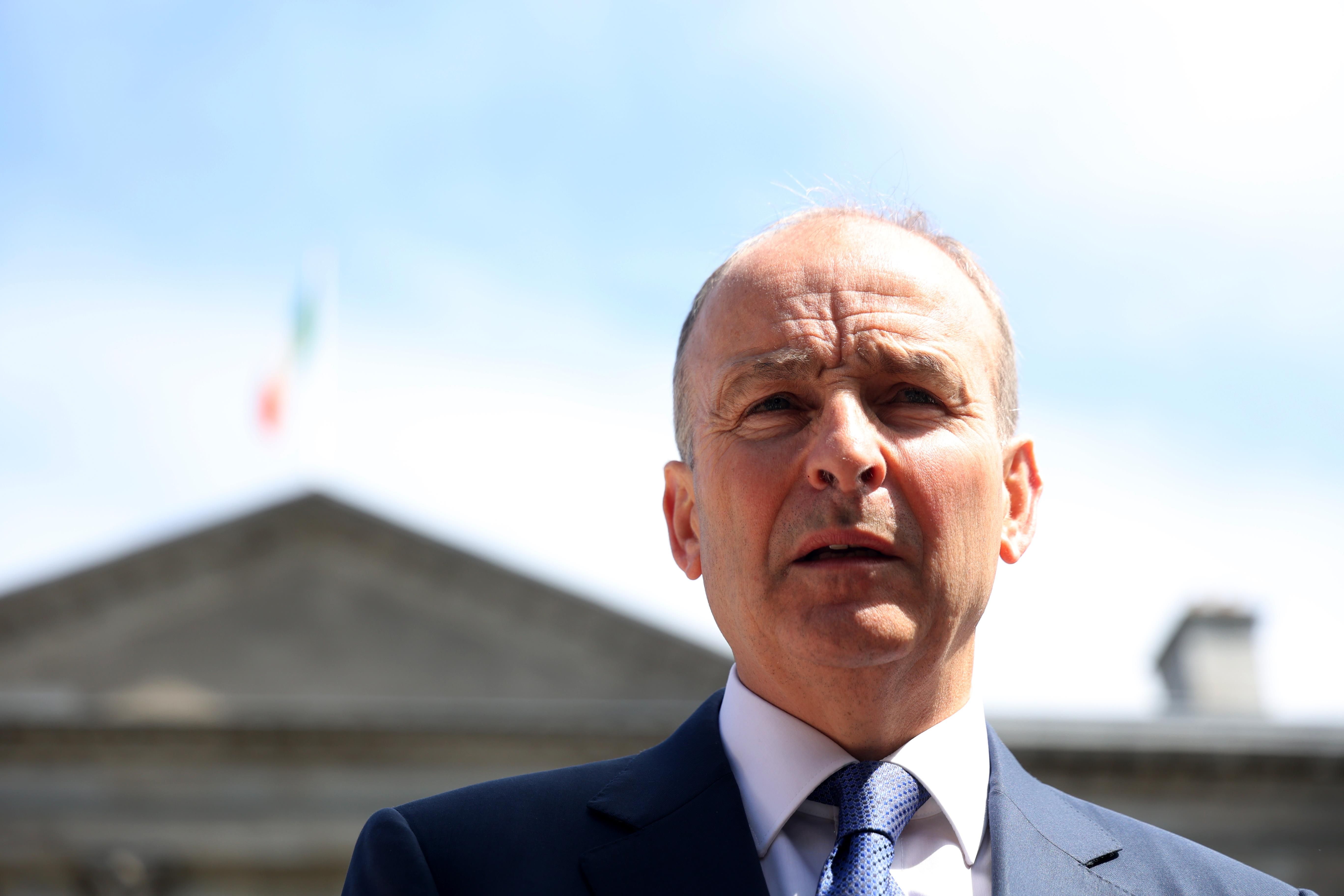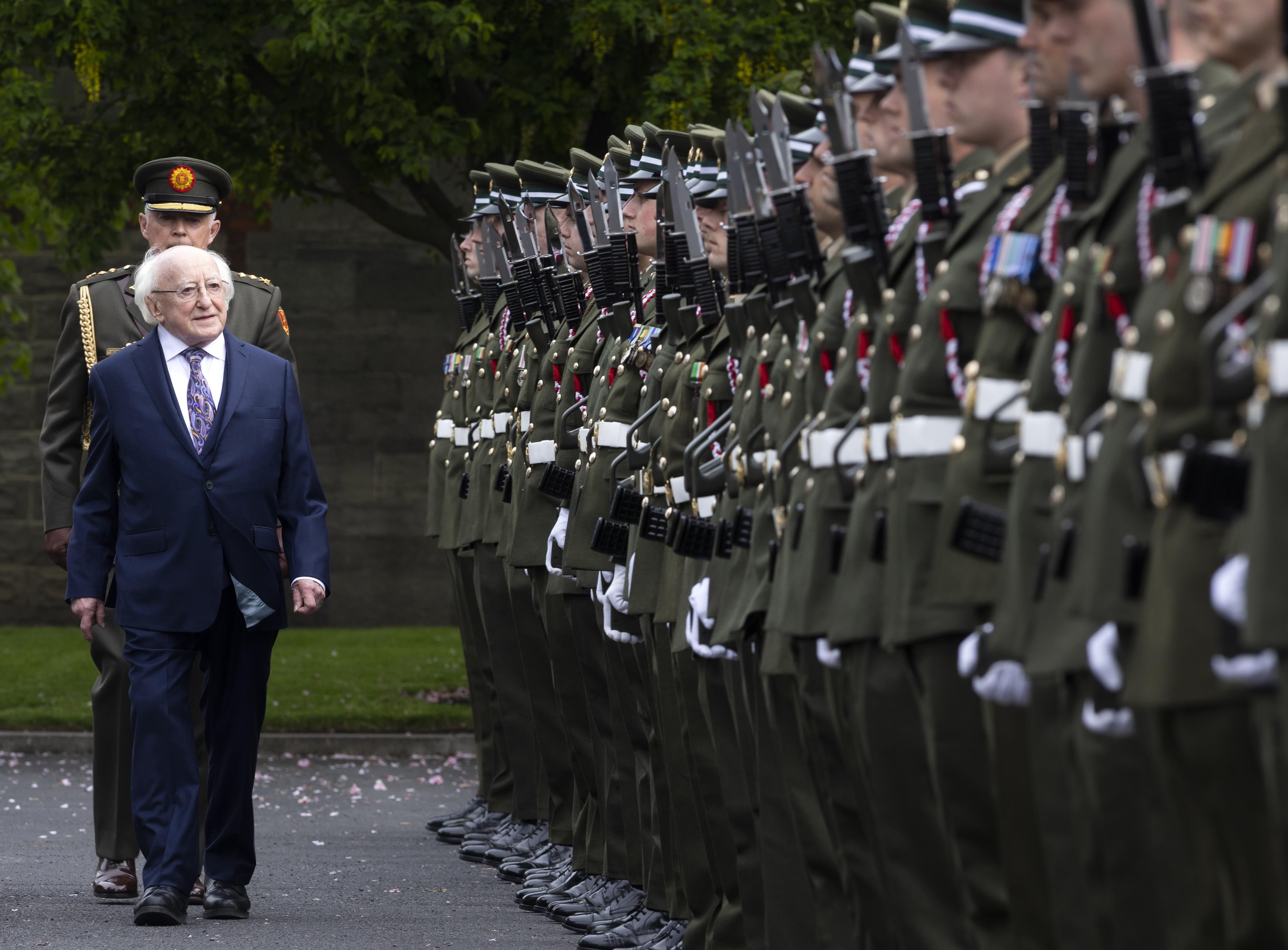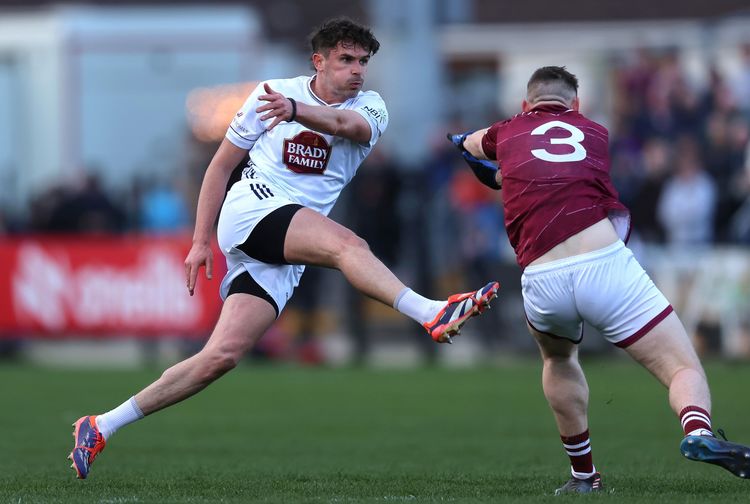If he were not guilty of starting a war of conquest in Ukraine and of sanctioning numerous war crimes, the North Atlantic Treaty Organization, NATO, might present an award to Russian President Vladmir Putin for uniting the self-defense alliance and for scaring formerly neutral nations Finland and Sweden into joining the alliance. Though he never intended it, Putin has united a divided Europe and strengthened NATO. Putin’s brutal invasion has also had many repercussions in Ireland and has fomented a contentious national debate about the Republic’s decades-long policy of neutrality and the pitiful state of its ability to defend itself militarily.
When Sweden and Finland formally join NATO, it will leave Malta, Liechtenstein, Austria, Switzerland, and Ireland as the only countries remaining neutral in Europe. Ireland has a long history of neutrality. For decades, Ireland has prided itself on its neutrality and its honorable role in world peace-keeping efforts. When NATO was formed, Ireland refused to join the alliance, in part due to its sovereignty claims over Northern Ireland, which was administered by the United Kingdom, a NATO member. During the Cold War, Ireland maintained its policy of neutrality, neither aligning itself with NATO – or the Warsaw Pact. Neutrality has also allowed the Irish government the luxury of spending very little money on defense in comparison to other European states, but this may soon change.
Since the Russian invasion of Ukraine, Ireland has become painfully aware of the woeful state of its military and its vulnerability to attack. In February, a report commissioned by the Irish government on its ability to defend itself concluded, the absence or near-absence of crucial capabilities—including intelligence, cyberdefense, radar, intercept jets, and heavy airlift planes—render the Irish forces “unable to conduct a meaningful defense of the State against a sustained act of aggression from a conventional military force.”
Ireland’s vital high-tech sector is particularly vulnerable. The nation is virtually defenseless against cyberattack, even though Ireland controls more than 30 percent of Europe’s data in 60 Irish data centers. Ireland’s underwater fiber optic cables, which provide the digital lifeline between the United States and the European Union are also completely vulnerable to attack. Ireland has learned of alarming incursions by Russian ships into Irish waters suspected of mapping Ireland’s underwater cables.

From left, moderator of the new and emerging threats panel, Sinead O'Carroll, with Jane Suiter, Professor, School of Communications, DCU and Ross Frenet, CEO of Moonshot on June 27, Day Four of the Consultative Forum on International Policy, in Dublin Castle. [Norma Burke/Rolling News.ie]
The Irish navy also has virtually no ability to defend the country’s maritime interests. Six active Irish vessels with roughly 800 total personnel and no subsea capabilities are responsible for protecting 16 percent of the European Union’s territorial waters. Sadly, almost all of its fully operational naval vessels are permanently moored in port for lack of sailors and technical upgrades. Navy staffing shortages are so serious that not even all six ships are available for deployment at any one time. Routine maritime operations are regularly cancelled. Additional specialists are being hired from the private sector just to keep the ships afloat at a time when the Russian navy recently conducted military maneuvers off Ireland’s coast.
Perhaps even more embarrassing is the state of the Irish air force. Recently the existence of a secret 1952 agreement with Britain’s Royal Air Force to patrol and protect Irish airspace was revealed. Irish airspace – through which 90 percent of all Transatlantic air traffic passes – has been probed by Russian aircraft in recent years, yet Ireland is the only country in the European Union with no primary radar or meaningful air capabilities by way of aircraft or air defenses.
The War and Irish military unpreparedness pushed the Tanaiste Micheal Martin to convene a national forum in June held in three different cities over four days that focused on a range of security issues and allowed for a discussion on the decades-old neutrality policy. The forum heard from security, defense, and foreign policy experts, as well as political representatives, civil society, academics, and other relevant bodies. Martin, who is also the Minister for Defense as well as deputy head of government, said it is imperative that the defense forces of a democratic state should “admit failures” where they exist. He also stated, "The international security environment has changed significantly over the last year. We have seen blatant and brutal disregard by Russia of international law.” He continued stating, "Ireland's commitment to a rules-based international order and our traditional policy of military neutrality do not inure us from the need to respond to this new reality."

Tánaiste, Defense Minister and Fianna Fáil Leader Micheál Martin TD speaking to members of the media before a meeting of his parliamentary party in May. [Sam Boal/Rolling News.ie]
Martin, however, received sharp criticism from a number of observers including Irish President Michael D. Higgins, who is supposed to be neutral in policy matters, but nevertheless rebuked the government for launching a debate about the country’s longstanding military neutrality and the possibility of joining NATO, saying ministers were “playing with fire.” Higgins also accused the government of a dangerous “drift” from a cornerstone of Irish foreign policy and said it risked “burying” Ireland in other people’s agendas. Perhaps the sharpest protest came from student members of the Connolly Youth Movement who heckled Martin while speaking in Cork, causing him to stop his speech. The young protestors unfurled red banners with slogans including one reading “NATO wars millions dead” and chanted loudly “No to NATO,” before being removed by members of the Garda.
Though Ireland is involved in discussions about its defense forces and joining NATO, Irish neutrality is still very popular. The leaders of the government parties and opposition parties like Sinn Fein continue to support neutrality. In a recent Irish Times poll, asking whether they support "current model of military neutrality," which the government defines as being outside of military alliances, 61 percent said yes. It seems that despite the turmoil caused by Putin’s invasion, Irish neutrality will remain at least in the short term a defining characteristic of Irish foreign policy.







